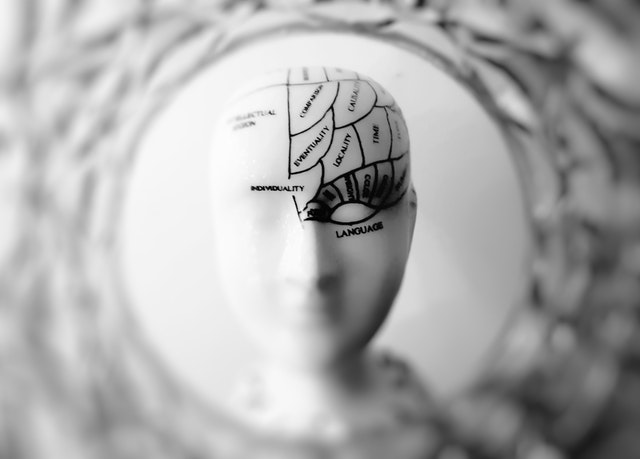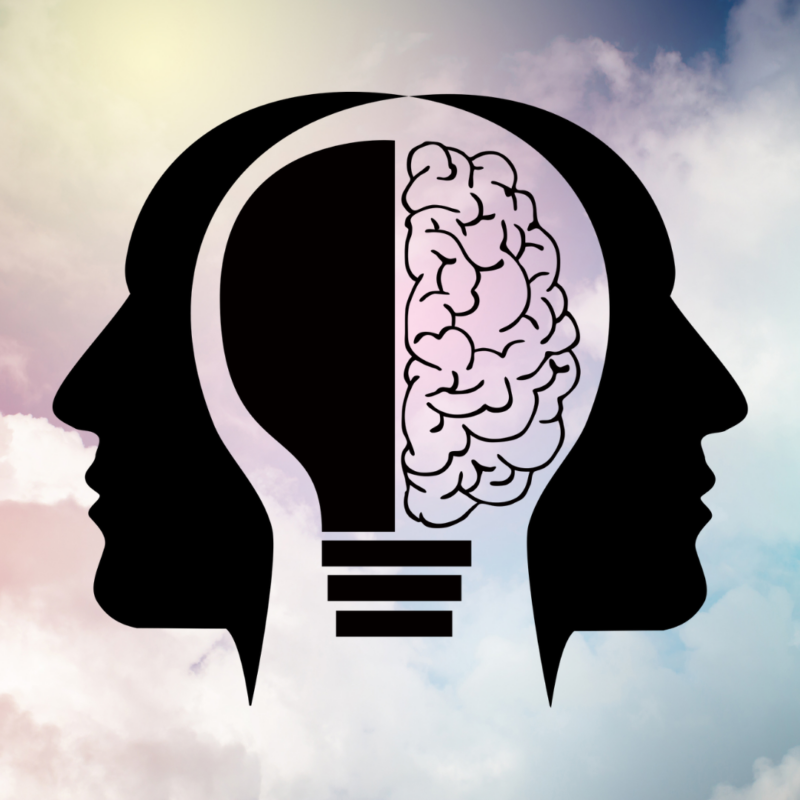Bipolar disorder cannot be cured, but those who suffer from it can learn to manage their symptoms and live happy, healthy, normal lives. Managing symptoms becomes second nature, with many people following a routine to ensure they cope well. However, what do you do on the bad days? It is much more challenging to follow […]
Category Archives: Mental Health
Derealization disorder is a dissociative disorder characterized by the belief that the world you live in is not real. This can lead to distressing depression and anxiety symptoms for people of all ages. It is essential to find the best treatment plan for yourself if you have derealization disorder to ensure you can distinguish between […]
Even among our closest friends, we can sometimes doubt if our sense of belonging is authentic and question our value in the group. These concerns may be a form of imposter syndrome, a mental state in which you cast doubt on your abilities or minimize past achievements. By learning how to combat imposter syndrome, you […]
Gratitude involves making a conscious effort to reflect on life’s gifts and cultivate an appreciative mindset towards them. On the other hand, toxic positivity demands that you only view experiences in a positive light, no matter how tragic the circumstance. By knowing the difference between gratitude and toxic positivity, you can maintain a realistic view […]
Genetics, as well as environmental factors, both contribute to the development of bipolar disorder. The most current data suggest that bipolar disorder is 60 to 85% heritable. By having a clear understanding of how bipolar disorder is linked to your family history, you will have a better idea of what the chances are of passing […]
Schizophrenia is a commonly misunderstood mental health disorder with multiple subtypes. Paranoid schizophrenia, or schizophrenia with paranoia, is the most common form of the disorder, but many people are unaware of its distinct symptoms. Education is crucial to help fight against stigma, facilitate compassion and understanding, and provide information to those struggling with the disease. […]
Psychosis is often identified as a break from reality. Several factors can contribute to psychosis which includes genetics, trauma, substance use, physical illness, or mental health conditions. When armed with the knowledge to detect symptoms of psychosis, the prospect of diagnosis and subsequent treatment is made easier. Visual Hallucinations Types of visual hallucinations (VH) are […]
Self-conscious emotions are based on how we are perceived by ourselves and others. Examples of emotions we may experience are pride, jealousy, and embarrassment. Emotional maturity is often marked by taking the time to think about the consequences of our behaviors before acting on them. However, self-conscious emotions can be detrimental if every action is […]
Hypervigilance is defined as being in a state of increased alertness and extreme sensitivity to surroundings. While increased alertness can expose hidden dangers, oftentimes these hazards are not real. The anxiety and stress of being constantly alert can have detrimental effects on your mental health. Treatment options are available to alleviate symptoms of paranoia to […]
When you choose to recover from addiction, you are choosing support that can manifest differently depending on your needs. One of the most essential parts of recovery is therapy, both individual and group. Unfortunately, the stigma surrounding therapy causes individuals to resist participation. Keeping an open mind as you try to understand the necessity of […]











